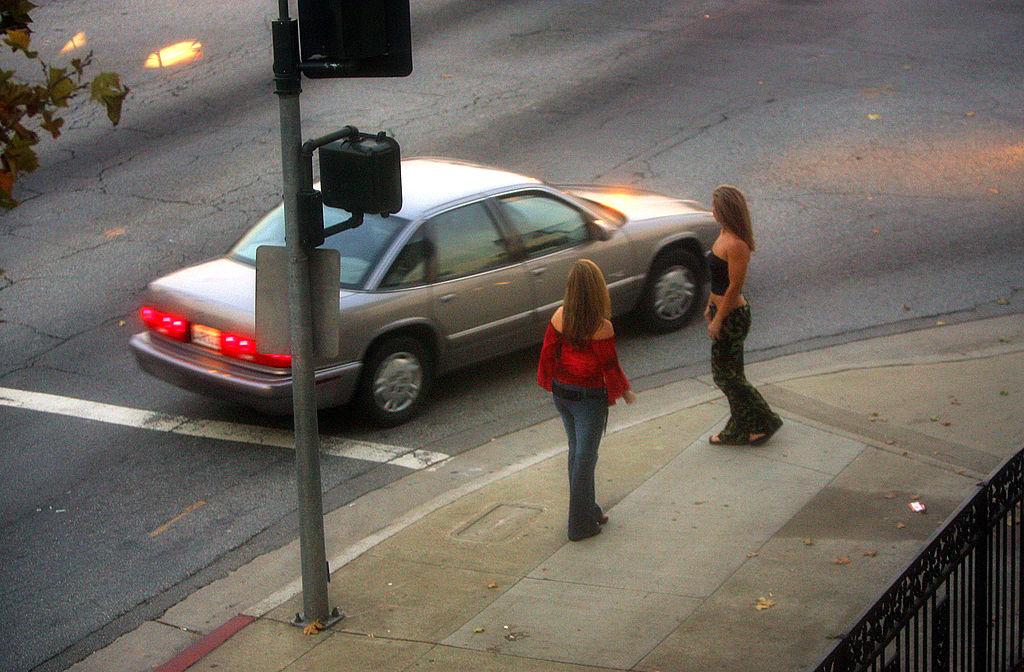Multiple cities in California are now seeing rampant, public prostitution activities, pushing residents in many places into stress and fear, with critics blaming the situation on a Democrat-supported bill that repealed a law against loitering for prostitution purposes.
East 15th Street, a neighborhood in Oakland, used to be a quiet area. However, things changed after prostitution activity rose. Resident Estefani Zarate worries about how this will affect her young children. “I’m scared for them to see (the women) in inappropriate clothes, (then ask) me questions and I don’t have answers for them,” she said to CBS News.





